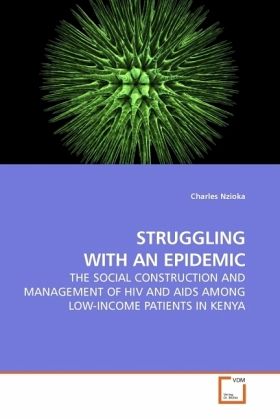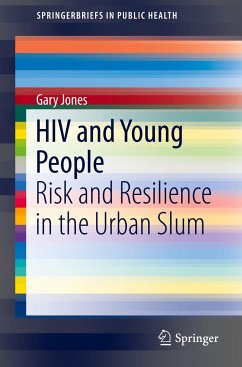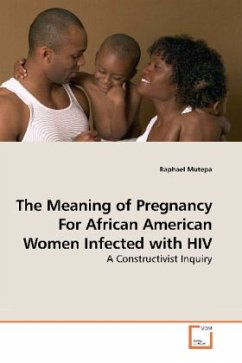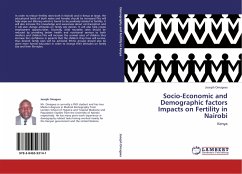
STRUGGLING WITH AN EPIDEMIC
THE SOCIAL CONSTRUCTION AND MANAGEMENT OF HIV AND AIDS AMONG LOW-INCOME PATIENTS IN KENYA
Versandkostenfrei!
Versandfertig in 6-10 Tagen
52,99 €
inkl. MwSt.

PAYBACK Punkte
26 °P sammeln!
This thesis examines how lay discourses have been juxtaposed with limited biomedical knowledge to produce social meaningful knowledge and behavioral practices that only fuel rather than limit the rapid spread of HIV in Kenya. Within these discourses, HIV carries a host of negative symbolic meanings, and is often socially constructed and experienced as a disease of the morally, socially and physically blemished persons. Individuals diagnosed with HIV are therefore to be managed through isolation and ostracism. These discriminatory practices have crystallized into a national culture of managing ...
This thesis examines how lay discourses have been juxtaposed with limited biomedical knowledge to produce social meaningful knowledge and behavioral practices that only fuel rather than limit the rapid spread of HIV in Kenya. Within these discourses, HIV carries a host of negative symbolic meanings, and is often socially constructed and experienced as a disease of the morally, socially and physically blemished persons. Individuals diagnosed with HIV are therefore to be managed through isolation and ostracism. These discriminatory practices have crystallized into a national culture of managing HIV and AIDS through fear, denial and concealment as those diagnosed with HIV seek to 'cover' for HIV and 'pass' for other diseases. This culture has however succeeded only in fueling and accelerating the spread of HIV in country. The study concludes that effective prevention and control of HIV calls for the disruption of this culture through enhanced HIV and AIDS public education which particularly targets segments of population characterized by high illiteracy levels and limited HIV and AIDS knowledge and awareness.












